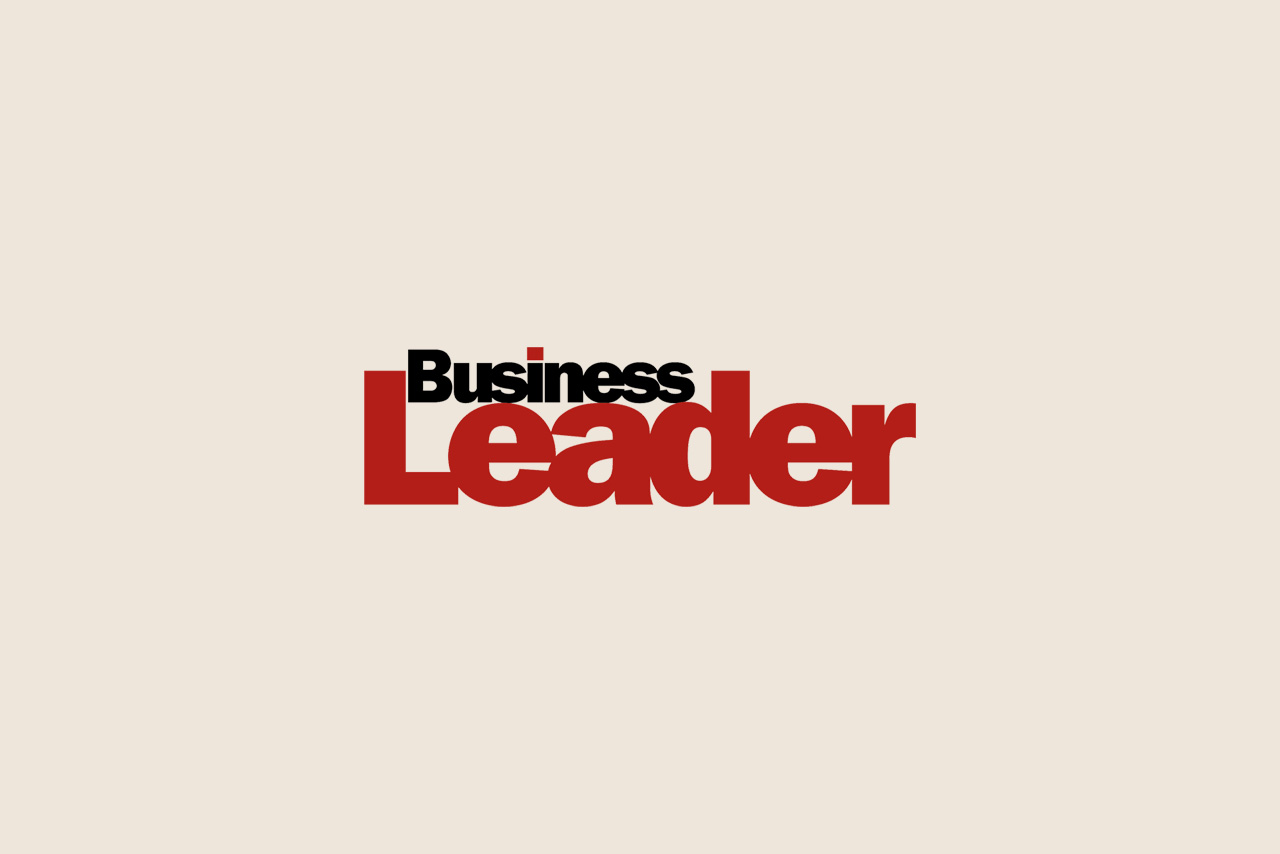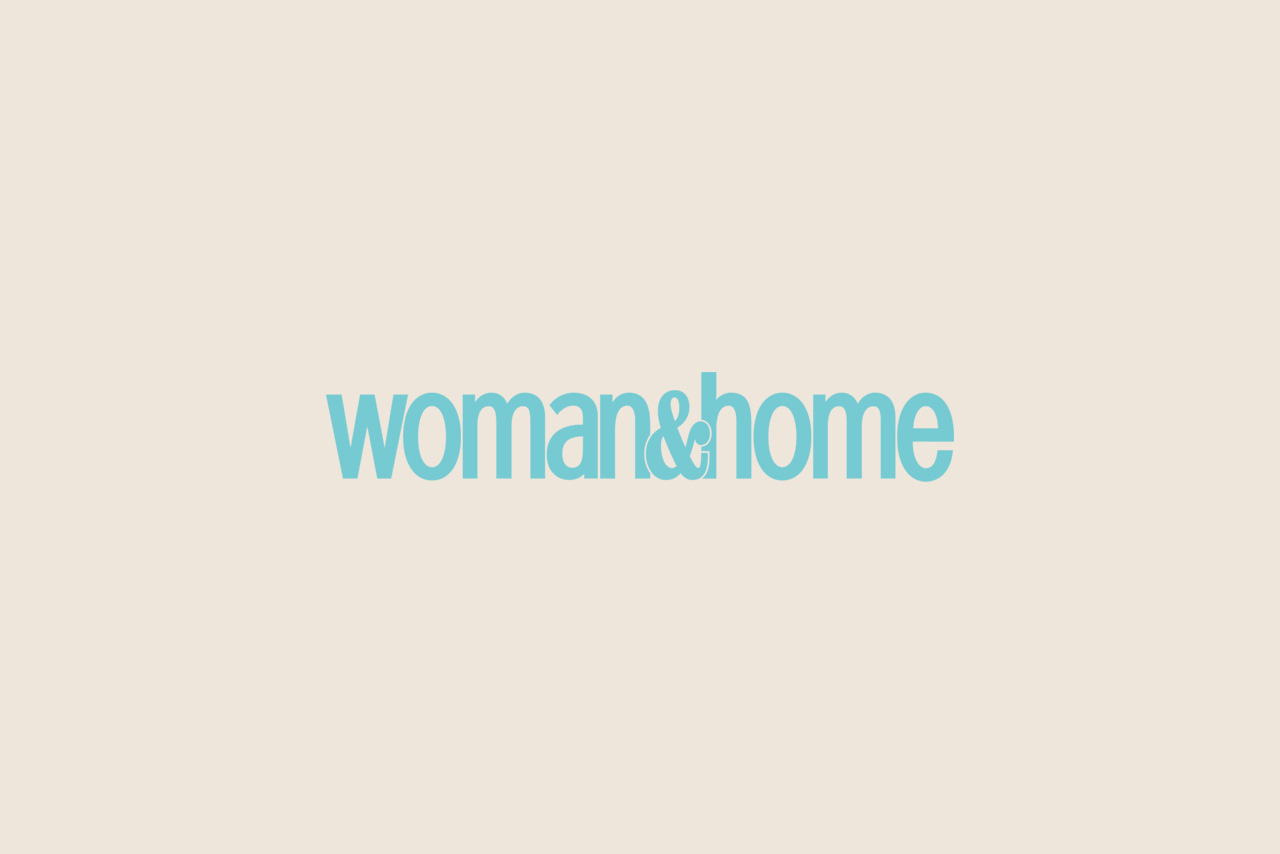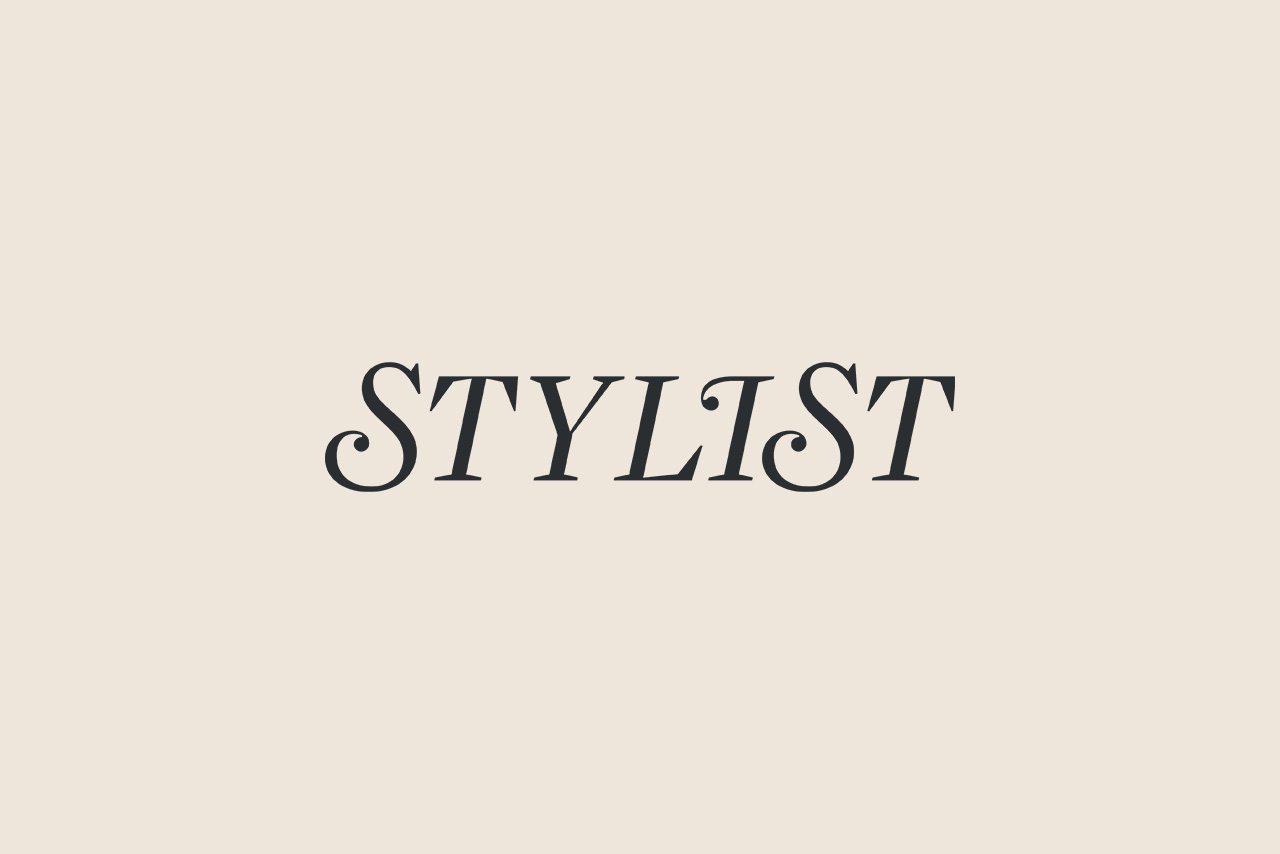
When Jacinda Ardern, New Zealand’s PM resigned quoting her need to re-balance her life, I for one, cheered.
Finally, in the context of a world where we are applauded for working flat out, a leader stands up and is honest about the very human cost of a life where work took too much from her. She was exhausted, said so, and did something about it. What a brave and inspiring move!
Because burnout as a leadership phenomenon has been on the rise over the past few years, and for some people in some sectors, working too hard is still seen as a badge of honour. Modern day leaders face unprecedented levels of uncertainty, complexity and volume of work – which in our digital age can make it feel hard to stop. At the same time, we all know how important it is for us to manage our well-being and those of us around us. So the question has to be, how can we manage these two tensions and learn to really thrive in top roles?
I believe that the answer lies in us re-claiming the concept of ‘enough’. Re-claiming it from any association with mediocrity or settling for average, and thinking of ‘enough’ instead as a pathway to contentment. Knowing that we are enough can give us permission to put in place the boundaries that we all so desperately need in order to live and work healthily. Far from being mediocre, enough is a springboard to self-belief, health and sustainability.
It starts with believing that you are enough – which means that you replace any sense that you lack something, with appreciation of what you do. It’s a sense of fullness – you move from chasing the ever hungry, never satisfied state of striving to focusing on what you have and starting from there. Believing that you are enough allows you to stand in the fertile ground, well rooted, and well-resourced so that you can flourish with creativity and brilliance.
From this state, the next step is to re-frame what we mean by doing enough. For that we need to look at our boundaries and what resources us. Boundaries can get a bad rap in today’s culture of always having to be available and driven to work around the clock. But healthy boundaries are the key to healthy living because they contain us. Like a plant pot, boundaries give us structure to grow fully into who we are, and when we are able to make and keep good boundaries, we can give the best of ourselves to the task in hand, because we are well resourced to do so.
My approach to creating good boundaries is to get clear about what we need them for – what is it that resources you and gives you energy? When we understand what we need in order to function at our best – whether that is appropriate breaks from our desk, regular exercise, switching off in the evening or giving ourselves uninterrupted time to focus – we can start to design our lives in a way that makes time for these things. This is vital for healthy leaders in today’s world, because we know we can’t continue to be at our best when we’re exhausted. Moreover, when we are well resourced, we can replace what feels like an endless grind, with a focus on what facilitates flow in our lives. When we’re in flow, not only are we more productive, but things feel easier, more creative, more aligned. This clarity makes it obvious that we need to protect our time for things that re-charge us. We can ‘say no for the bigger yes’ – which is after all, what a good boundary should do.
Often in our lives, we don’t set or keep boundaries because we forget that we are able to. Exhaustion and burnout mean that we don’t even recognise that we can make choices about how we live our lives. We feel compelled to continue at a frantic pace at the same time as knowing that it is unsustainable. When we can learn to say, “I am enough” we can stand strong in who we are, with all our gifts and talents and avoid the trap of having to prove ourselves to anyone, or strive for something that is impossible. We can look at the challenges ahead and rather than getting recruited into believing we have to solve all of them, we can see where we can make our contribution – within the healthy limits of who we are and what resources we can give. Which is enough.

